Media error: Format(s) not supported or source(s) not found
Download File: https://rcei.rutgers.edu/wp-content/uploads/2023/10/2023-10-03e-RCEI-Homepage-Montage.mp4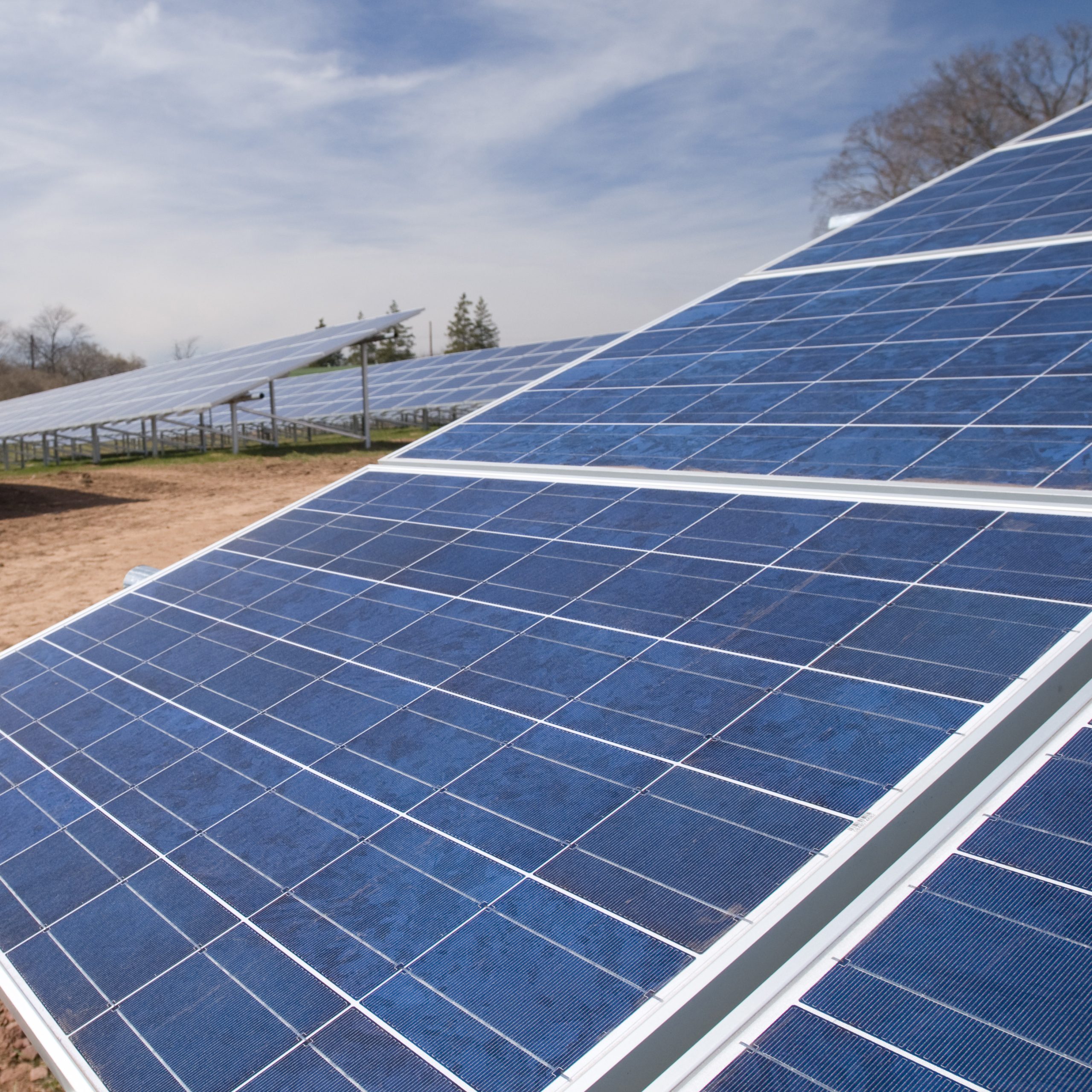
RCEI Groundwork Grants
Our work has never mattered more. We all understand the stakes. The Earth continues to warm, and human and ecological communities suffer from the impacts of a changing climate. The creativity, passion, and stubborn resolve RCEI affiliates and their students have for their climate change and renewable energy scholarship persevere.
Your contributions will support graduate students and early career scholars, research programs that develop real-world solutions, and building connections between the arts and sciences.
Now, more than ever, we need you.
- 0
- 1
RCEI Groundwork Grants
Our work has never mattered more. We all understand the stakes. The Earth continues to warm, and human and ecological communities suffer from the impacts of a changing climate. The creativity, passion, and stubborn resolve RCEI affiliates and their students have for their climate change and renewable energy scholarship persevere.
Your contributions will support graduate students and early career scholars, research programs that develop real-world solutions, and building connections between the arts and sciences.
Now, more than ever, we need you.
- 0
- 1
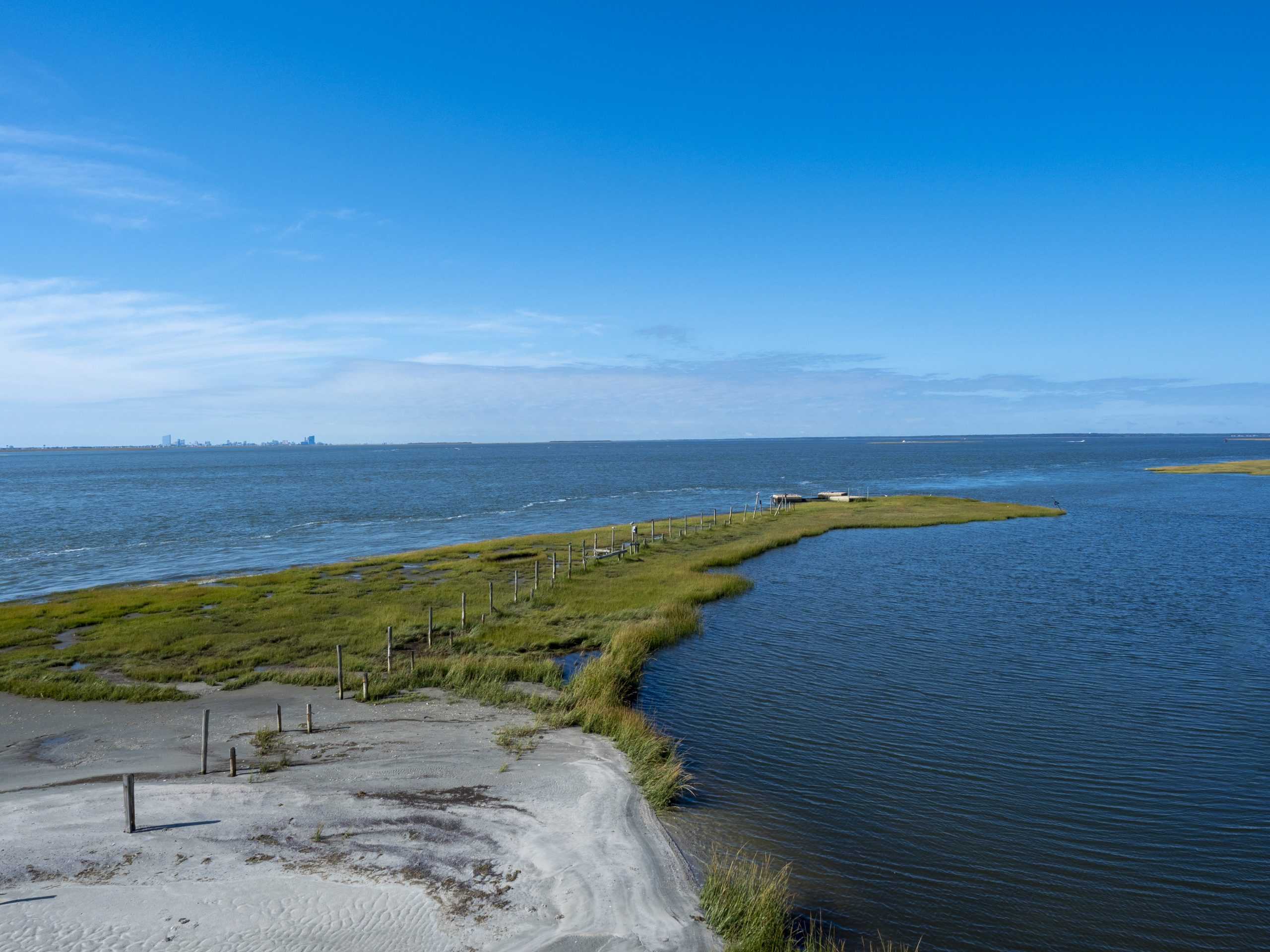
Learn About Us
Signature Initiatives
Signature Initiatives
News & Events from RCEI
Extreme Monsoon Changes Threaten the Bay of Bengal’s Role as a Critical Food Source
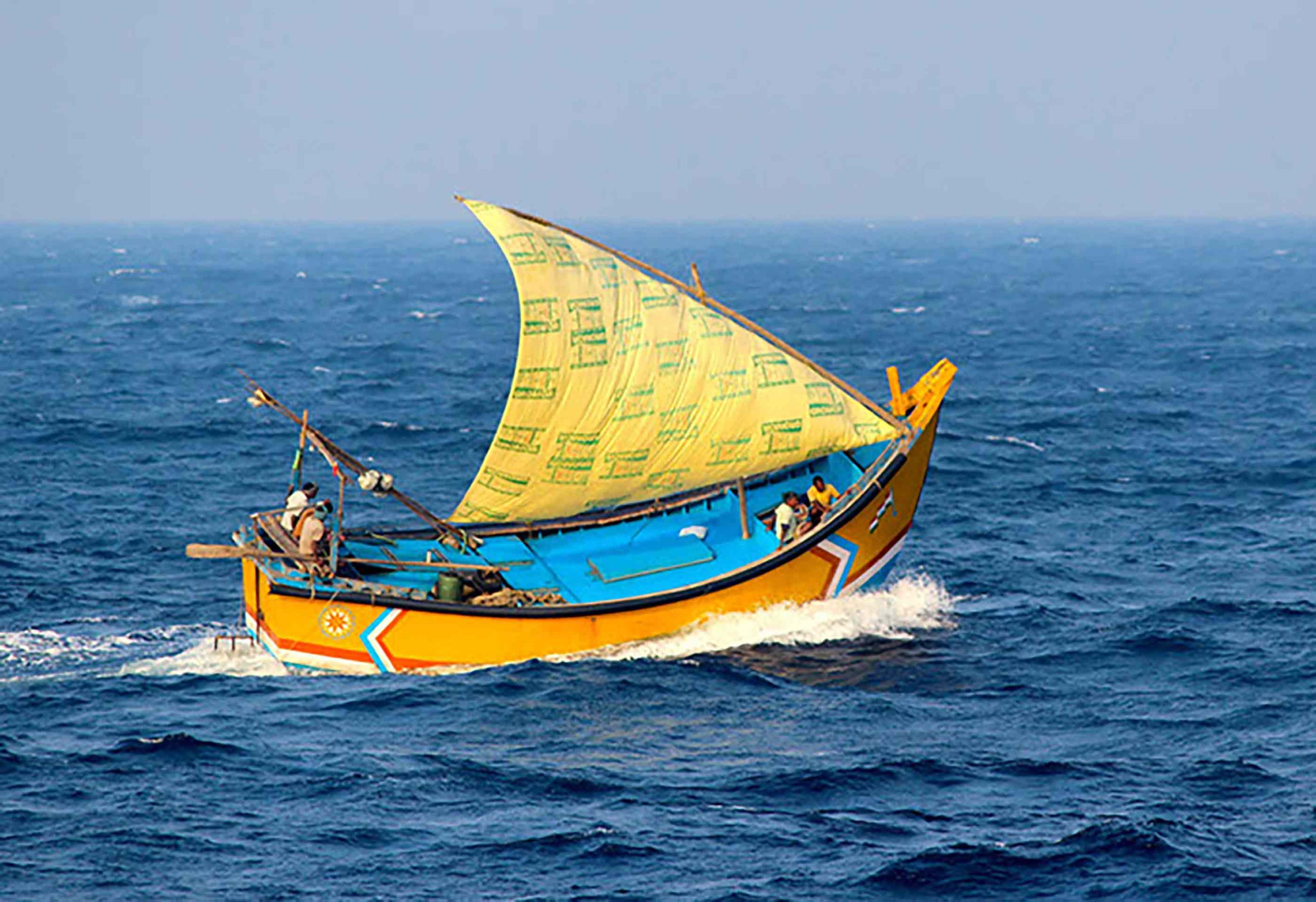
Latest
Live From Antarctica: Rutgers Opens a Portal to One of Earth’s Most Remote Places
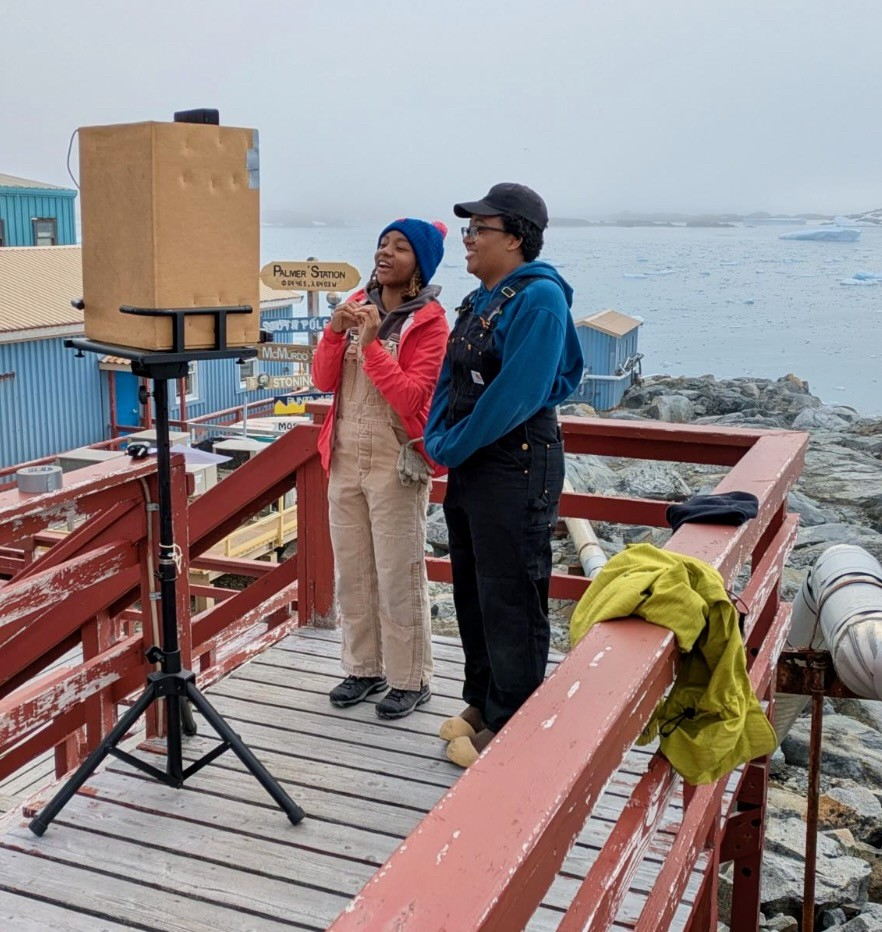
Mapping Mercury Contamination in Penguins of the Southern Ocean

Plant Science Graduate Sets Her Sights on Developing Safer Prescription Medication
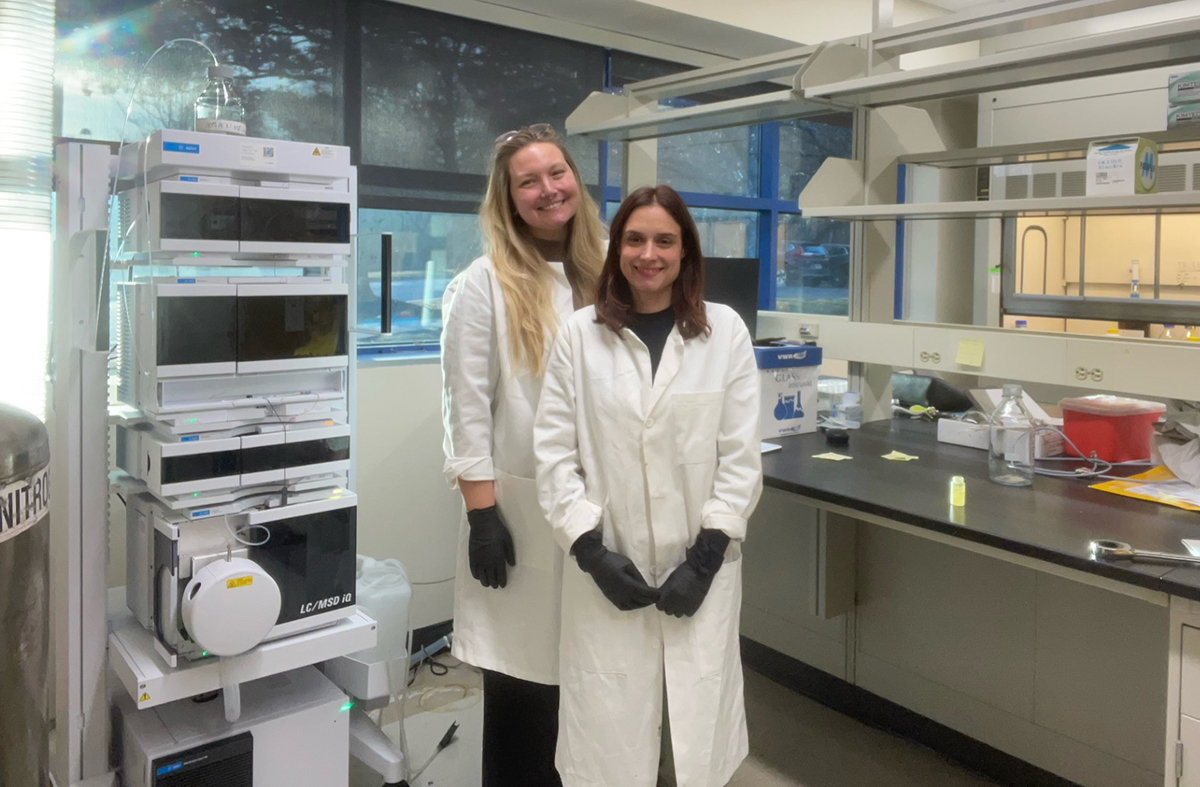
Scientists Witness Plant Cells Generate Cellulose and Form Cell Walls for First Time

Upcoming Events
Envisioning Housing That is Safe and Affordable: A MACH climate-focused public event
Wednesday, May 28 @ 6:30 pm - 7:30 pm EDT




